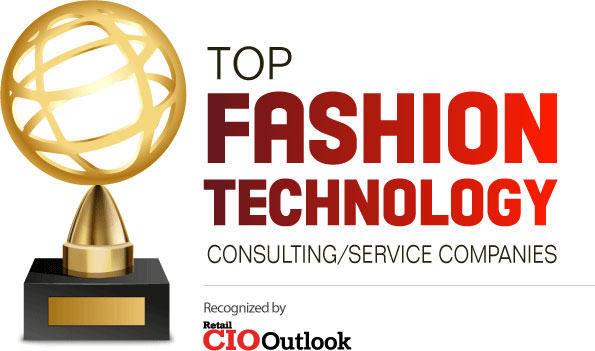HaaS helps minimize the concerns about the cost and timing of investing in new technology. Deploying HaaS allows companies to take advantage of a predictable monthly payment for hardware, accessories, and even warranties.
FREMONT, CA: As the retail platform is revolutionizing, one thing for sure is that the ability to scale, pivot, and innovate is essential not only for growth but also for survival. The retailers are striving continuously to enhance efficiency across all the retail operations. For retailers, it is one of the most crucial episodes and requires the most up-to-date software, hardware, and state-of-art devices.
Smart technology solutions are vital as well as very essential in serving today's consumers when, where, and how t. Likewise, these innovative technology solutions also allow the retail store or warehouse employees with the flexibility to work more productively and respond to the changing landscape more efficiently.
But deploying the most advanced and innovative technology for the business platform is a challenge even today. It's not news for a technology project to get delayed for approval despite clear business benefits due to cash flow issues or competing budget priorities. 
One answer to clearing or overcoming the challenge is by implementing Hardware as a Service (HaaS) model. Using HaaS moves acquisition costs to an operational expense (OpEx) rather than capital expenses (CapEx), which helps to gain even the latest technology without strain on the bottom line. The preferred procurement model in retail is that there is no need for up-front investment, a predictable monthly spend, and flexible, end of term options to scale up or down.
Retail operations managers are realizing now that HaaS offers a better alternative to business as usual and potentially holding onto old technology longer than they should. Small and mid-size organizations often pay an especially high price in terms of minimized productivity, agility, and revenue when they continue to rely on outdated legacy tools.
See also: Top Retail Technology Companies
Read Also